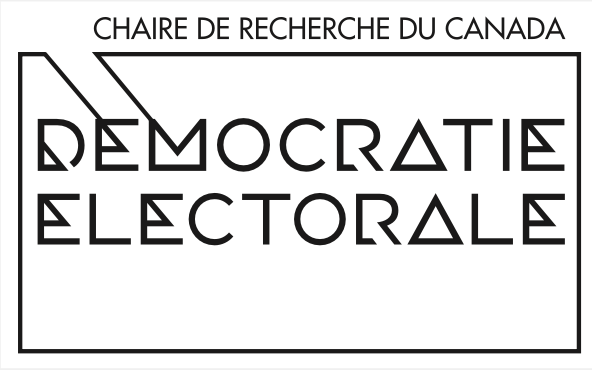Electoral Chair’s Seminar – 30 October
Happiness, Anger, and Satisfaction with Democracy: Unravelling the Emotional Drivers of the Winner-Loser Gap
Bjarn Eck-Université Libre de Bruxelles
Elections boost satisfaction with democracy, but more strongly for electoral winners than for electoral losers. While the presence of the winner-loser gap is widely acknowledged, its underlying mechanisms remain less understood. One prominent explanation emphasizes the role of emotions, but it has been difficult to disentangle emotional responses to the election result from utilitarian considerations about government formation. This study aims to empirically test this theory during the 2024 Belgian Federal elections, a context where election results are least likely to be conflated with government formation. Using a three-wave panel study, I present three main findings. First, happiness and anger drive the winner-loser gap: voters who are happy about the election outcome experience a sharper rise in post-electoral satisfaction with democracy, while this effect flattens for angry voters. Second, subjective perceptions of winning and losing do not always align with emotional reactions; many voters feel like winners or losers but are emotionally indifferent. Finally, the effects of happiness and anger on the winner-loser gap persist even after controlling for expectations about government formation. These findings highlight the critical role of emotions in explaining the winner-loser gap beyond utilitarian considerations.

This content has been updated on 23 October 2024 at 14 h 06 min.
Comments